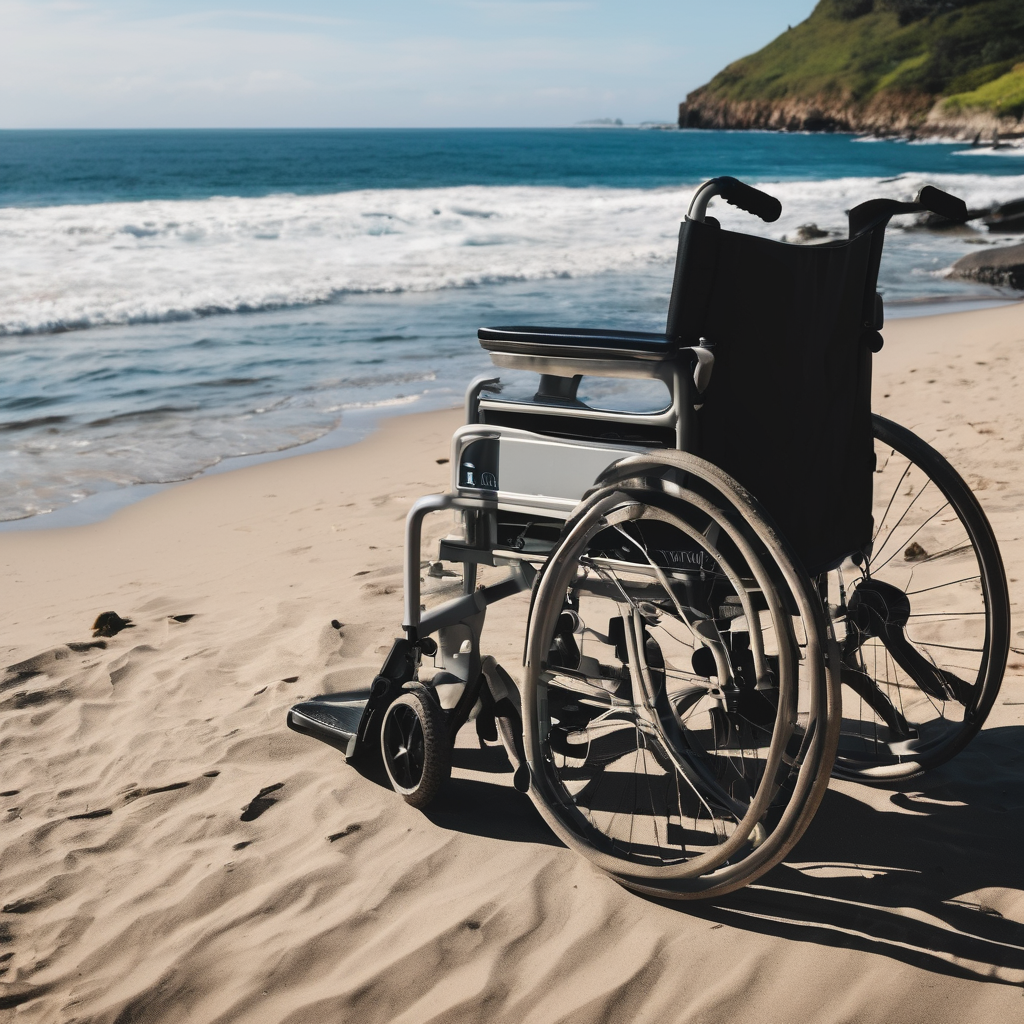The voices of 1.7 million Pacific Islanders living with disabilities are urgently calling for their inclusion in shaping the 2050 strategy for the Blue Pacific Continent. Sainimili Tawake, the Chief Executive Officer of the Pacific Disability Forum (PDF), stated at a recent disaster risk management meeting in Palau that individuals with disabilities should not merely be viewed as beneficiaries but as essential contributors to resilience strategies. She underscored the importance of their active involvement in the design, delivery, and monitoring of disaster and climate initiatives.
Tawake emphasized that equity and inclusion are vital and must be integrated into all levels of governance—political, institutional, and community. Her proposed approach includes improving legal and policy frameworks dedicated to disaster risk management, enhancing institutional capacities, and incorporating the cultural realities faced by individuals with disabilities in both peaceful and crisis contexts.
One of the major challenges in this endeavor is the insufficient coordination among various organizations focused on disaster risk reduction (DRR) policies. Additionally, there is a noticeable lack of decentralized data and financial resources allocated to support individuals with disabilities during disasters. Targeted social protection programs are also lacking, making disaster preparedness and recovery efforts more difficult.
Despite these obstacles, Tawake pointed out that the PDF is actively partnering with national disaster risk management offices and humanitarian organizations to launch initiatives that promote disability-inclusive resilience training in countries like Samoa, Tonga, and Fiji. These initiatives also provide financial literacy resources for persons with disabilities in Kiribati and beyond.
Tawake argued for the need to assess resilience through the lenses of equity and inclusion, asserting, “A valid Blue Pacific is one where persons with disabilities have an equal voice in governance.” She reiterated the PDF’s dedication to collaborating with governments and regional agencies to ensure that principles of disability, equity, and inclusion become foundational aspects of Pacific resilience.
As the Pacific Islands confront challenges related to climate change and natural disasters, the advocacy for inclusive strategies transcends mere requests for assistance. It represents a powerful affirmation of the skills and capacities of individuals with disabilities as vital members of their communities. The collaborative efforts championed by Tawake hint at a promising transition toward a more inclusive future that recognizes and values the contributions of all Pacific Islanders, ultimately fostering resilience and unity across the region.
